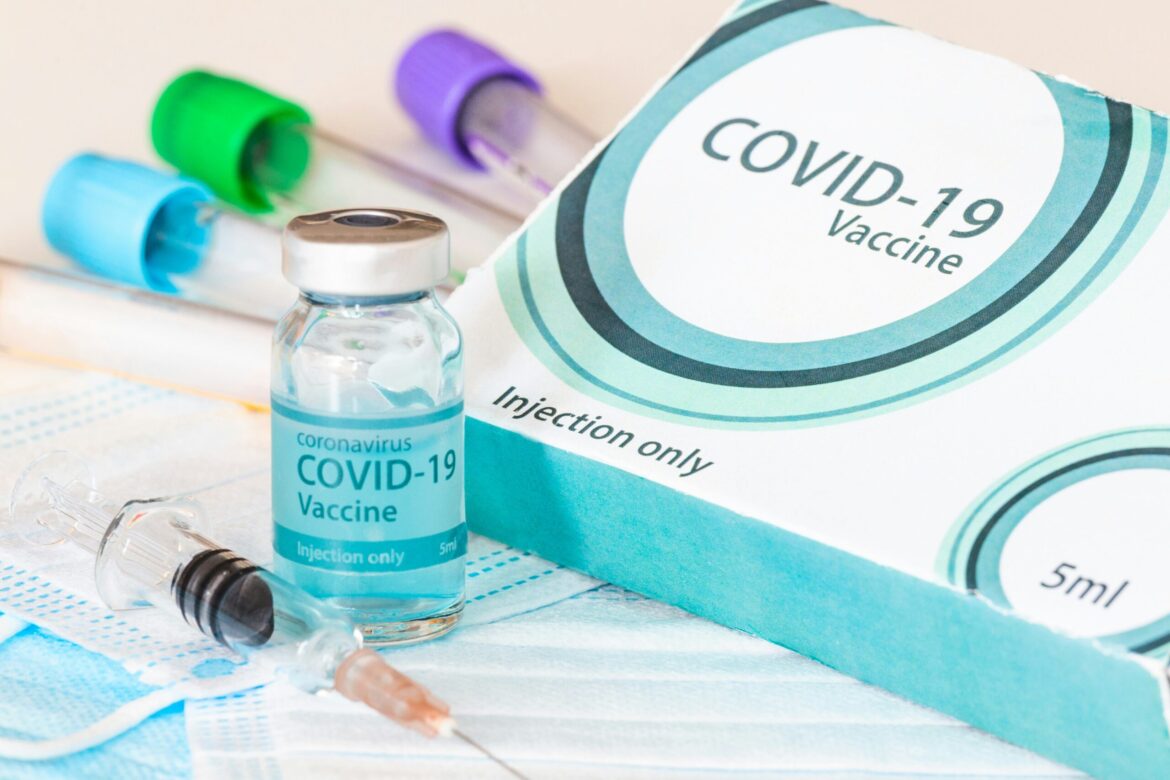In a controversial reversal of public health policy, the U.S. Department of Health and Human Services (HHS), led by Secretary Robert F. Kennedy Jr., announced on May 16, 2025, that it would no longer recommend COVID-19 vaccines for children, teenagers, and pregnant women. The policy shift diverges significantly from long-standing guidance issued by the Centers for Disease Control and Prevention (CDC), drawing both condemnation and cautious praise from various public health stakeholders.
A Sharp Policy Pivot
The decision marks a stark departure from the Biden-era vaccine strategy, which promoted widespread inoculation to curb the spread of COVID-19. Under President Trump’s new administration, however, officials argue the change is part of a broader move toward “individual medical freedom” and a reevaluation of what they describe as “overreaching mandates.”
In a statement released Thursday morning, HHS Secretary Kennedy said, “We are empowering Americans with choice and autonomy over their medical decisions. The federal government will no longer push universal COVID-19 vaccination for demographics where risk-benefit profiles are not universally agreed upon.”
Response from Health Experts
Medical and public health experts reacted swiftly, voicing strong objections to the announcement. Dr. Anthony Fauci, the former Director of the National Institute of Allergy and Infectious Diseases, characterized the policy shift as “alarming and regressive,” warning that it could reverse years of hard-won progress.
“Children and pregnant women represent vulnerable populations,” Fauci said in an interview with CNN. “Removing federal recommendations is not just irresponsible—it’s potentially dangerous. The data overwhelmingly shows that vaccines are safe and effective at preventing severe outcomes.”
Echoing those concerns, the American Academy of Pediatrics (AAP) issued a strongly worded statement. “This is a deeply troubling development,” said AAP President Dr. Sandy Chung. “COVID-19 vaccines have been thoroughly tested and proven safe for children. This decision will inevitably lead to confusion, lower vaccination rates, and increased disease risk among children.”
Diverging from CDC Guidelines
Although the CDC maintains its recommendations, the Trump administration’s decision weakens the influence of federal guidance at the state level, where many health departments often mirror HHS positions. This has already led to speculation that some states may now relax school immunization requirements or defund public vaccine outreach programs.
Dr. Leana Wen, a public health professor at George Washington University, noted the impact could be particularly pronounced in rural or underserved communities. “This will create a patchwork of public health policies, with children in some states fully protected while others remain exposed,” she said.
Political Implications
The move comes amid broader Republican efforts to dismantle pandemic-era public health infrastructure. Trump has repeatedly criticized vaccine mandates and praised Kennedy’s leadership at HHS as a return to “common-sense health policy.”
Kennedy, a well-known vaccine skeptic, has previously questioned the safety of childhood immunizations and the pharmaceutical industry’s influence on public health. Critics argue that this appointment, and now the policy shift, reflects a deep politicization of medical science.
“This is not about freedom—it’s about ideology overtaking evidence,” said Dr. Ashish Jha, former White House COVID-19 Response Coordinator.
Public Confusion and Future Risks
Already, confusion is setting in. Some parents report receiving conflicting advice from pediatricians and local health departments. Meanwhile, misinformation has flourished on social media platforms, with anti-vaccine influencers celebrating the policy shift as a “victory.”
Epidemiologists warn that removing national guidance could lead to a spike in pediatric COVID-19 cases, particularly in the fall when children return to school and respiratory viruses surge. There is also concern that this policy could bleed into hesitancy toward other routine childhood immunizations, including measles, mumps, and rubella.
Looking Ahead
Healthcare providers across the country are now grappling with how to advise patients amid shifting federal policies. Some hospital networks, including Kaiser Permanente and Cleveland Clinic, have issued internal memos reaffirming their commitment to CDC vaccine guidelines.
“Science hasn’t changed—just the politics,” one infectious disease specialist told NPR. “We’ll continue to recommend what’s best for our patients.”
As the United States adjusts to this new direction, the public health community remains wary. While the administration frames the change as a move toward freedom and individualized care, many fear it signals a dangerous retreat from science-based policy.

